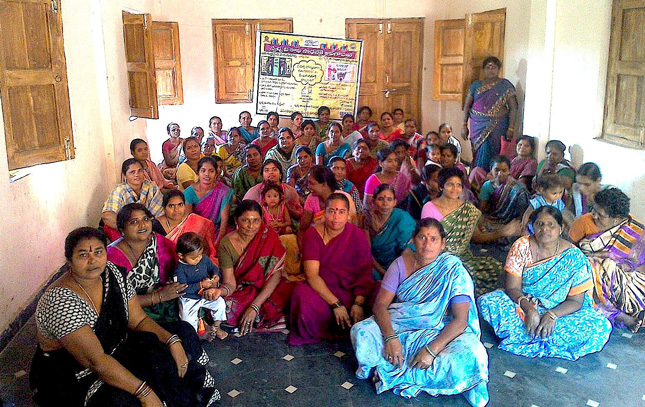-
Christian Holmes, Global Waters
USAID Effort Joins Women’s Groups to Improve Sanitation in Vizag, India
July 14, 2016 By Wilson Center Staff
At USAID we recognize the threat poor sanitation combined with rapid urbanization presents to human health, dignity, and prosperity. This is why we have made urban sanitation a global priority for the Agency. During a recent visit to India, I was able to see some of the work being done to bring sanitation services to urban areas, and had the good fortune to meet some inspiring women who are advancing these efforts in their communities.
Currently, more than 300 million people live in India’s urban areas, a number that is quickly increasing. The growing population of city dwellers is straining the country’s ability to provide safe drinking water and sanitation services. To address this, the Government of India has committed to providing sanitation and household toilet facilities for all 4,041 cities in India through the Swachh Bharat (Clean India) Campaign.
India’s commitment to this effort is vital. Close to 600 million people in the country practice open defecation, which contaminates water and can spread diseases. Lack of access to sanitation can keep people from productive activities such as work and school, either due to illness or time spent searching for private, safe locations to defecate. In India, it is estimated this lack of access results in an annual economic loss of approximately $54 billion or 6.4 percent of the nation’s gross domestic product. Forty-eight percent of children under the age of five are stunted, with 25 percent of those cases attributed to repeated diarrhea or intestinal worm infections from poor water and sanitation. Women are also disproportionately affected, as they are often vulnerable to harassment and violence when they openly defecate.
Continue reading on Global Waters.
Sources: USAID.
Photo Credit: A women’s group in Vizag, India, courtesy of USAID India.
 A Publication of the Stimson Center.
A Publication of the Stimson Center.



